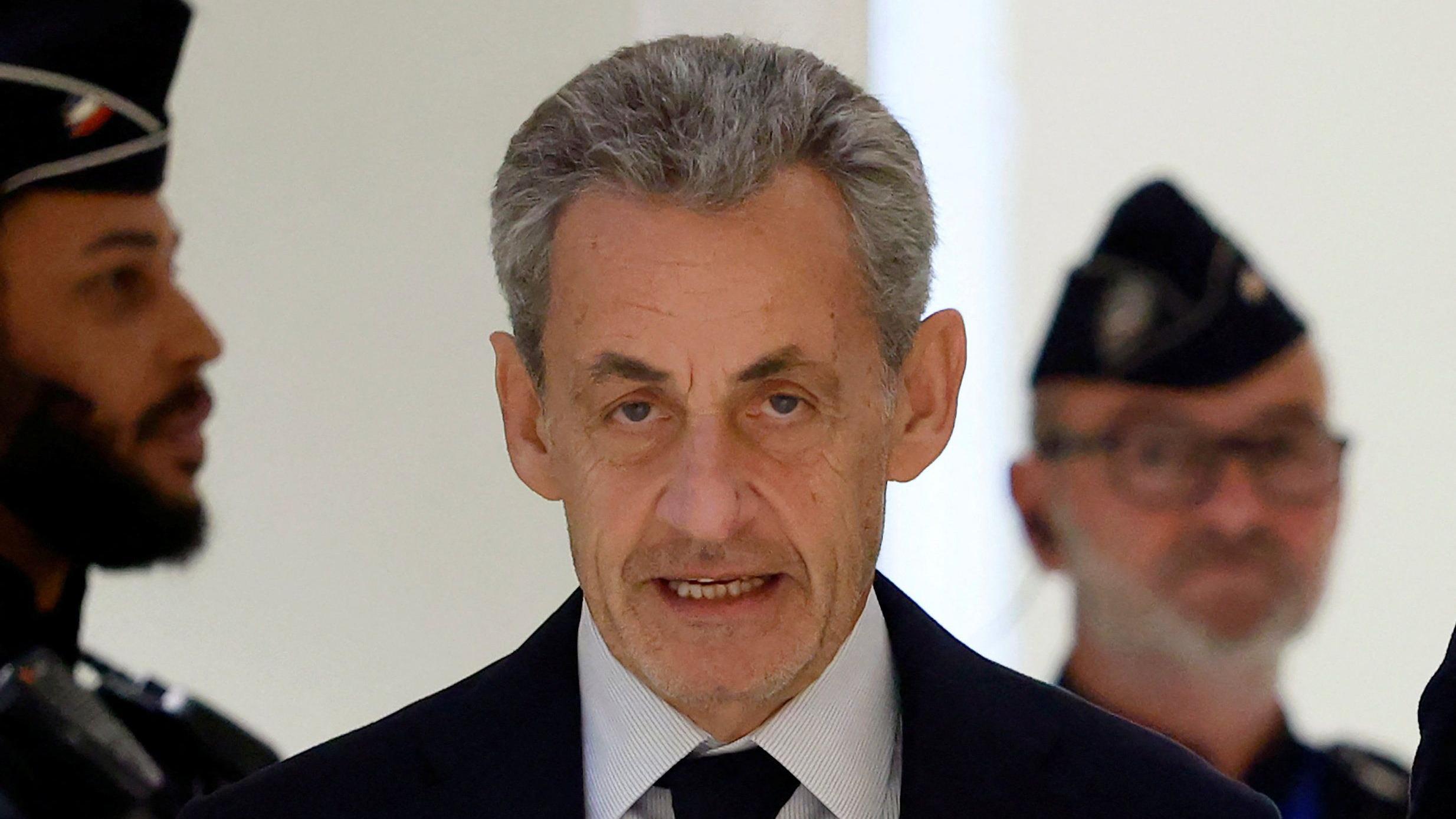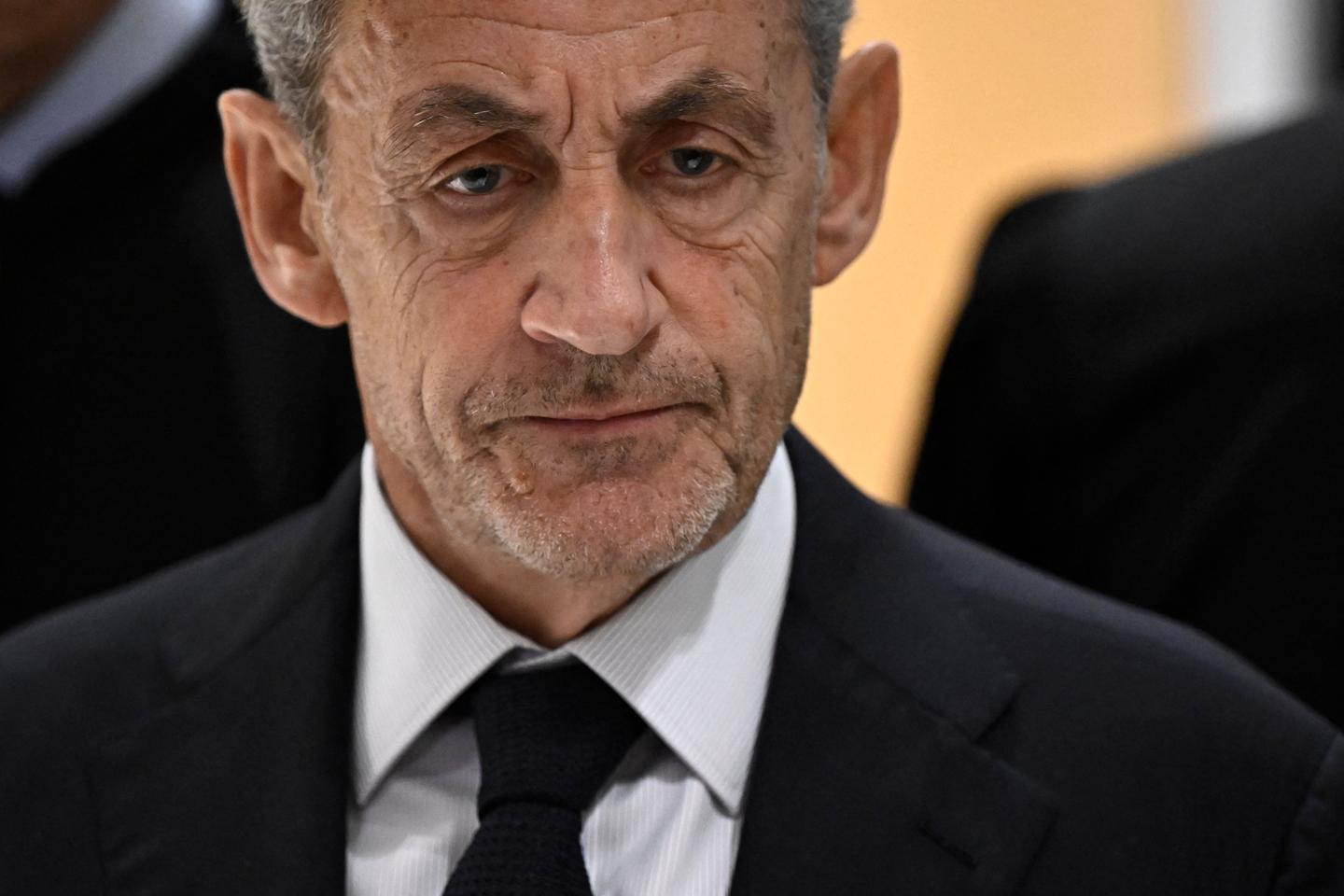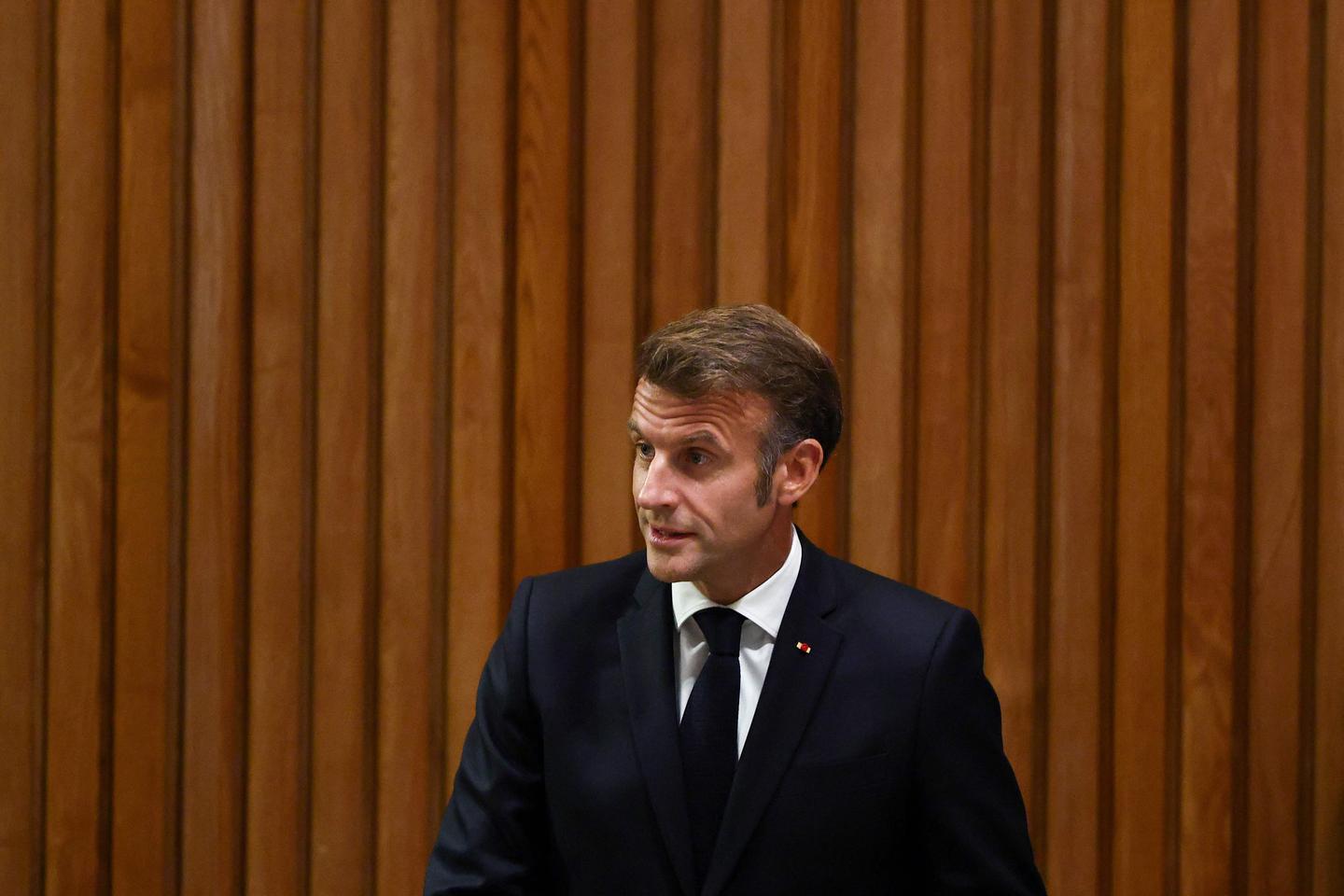French President Emmanuel Macron has joined a chorus of condemnation for threats made against the judge who last week convicted and jailed former president Nicholas Sarkozy on conspiracy charges. The ruling comes at a deeply sensitive moment, with France in political deadlock.
Sarkozy was sentenced last Thursday to five years in prison – with an order for imminent detention – for allowing his closest aides to court former Libyan dictator Moamer Kadhafi in search of campaign funds for his successful 2007 run for the presidency.
Reports emerged on Friday that judge Nathalie Gavarino had received death threats and messages threatening her with "serious violence" after she convicted Sarkozy a day earlier.
Advertisement Advertisement
Advertisement Advertisement
Paris prosecutors on Friday opened two investigations into the threats made against Gavarino.
On Sunday, Macron firmly defended the rule of law as the "foundation" of France's democracy.
"Attacks and death threats, old or recent, against several magistrates are unacceptable," he wrote on social media platform X.
"The independence of the judiciary, its impartiality, as well as the protection of the magistrates who uphold it, are its essential pillars.
The outgoing justice minister Gerald Darmanin also condemned the threats against the judge in a statement on Saturday.
Sarkozy found guilty of conspiracy but cleared of graft in 'Libya cash trial'
Advertisement Advertisement
Advertisement Advertisement
Macron called on the justice and interior ministers in the incoming government to prosecute those responsible as soon as they had been identified.
"Decisions of the courts can be commented on or criticised in public, but always in a spirit of mutual respect," he said.
Assault on democracy
Earlier, the magistrates union (USM) had denounced the "deafening" silence of Macron, arguing that under the terms of article 64 of the constitution, the president was meant to be the guarantee of the independence of the judiciary.
Sarkozy himself railed against what he called a politically motivated judgment, suggesting the court acted out of hostility rather than law.
Advertisement Advertisement
Advertisement Advertisement
Jean-François Bohnert, head of France's National Financial Prosecutor’s Office, flatly rejected the charge.
Speaking on RTL radio on Monday, Bohnert insisted: "We have no hatred to express. Our compass is the law, the rule of law."
He branded the threats against Gavarino as "unbearable and unacceptable", pointing out that undermining the judiciary with violence or death threats is itself an assault on democracy.
Peimane Ghaleh-Marzban, president of the Paris judicial court, told France Inter radio on Monday that the decision to delay Sarkozy’s incarceration – sparing him handcuffs in the courtroom – showed the court had, if anything, exercised discretion in recognition of his status.
Advertisement Advertisement
Advertisement Advertisement
"Many ordinary defendants go straight to prison even while appealing," he noted.
The court ordered that Sarkozy should be placed in custody at a later date, with prosecutors to inform him on 13 October when he should go to prison.
He has already been convicted in two separate trials but always avoided jail.
The fall of France's Nicolas Sarkozy, from palace to prison
Serious drift
Sarkozy, who led France from 2007-2012 and still retains influence on the right, has remained defiant after the verdict which he said in an interview published Sunday had "violated... all the limits of the rule of law".
He told the weekly Journal du Dimanche that France was suffering a "serious drift" in its democracy and he would in "no way" ask for a pardon from Macron.
Advertisement Advertisement
Advertisement Advertisement
"To be pardoned, you must accept your sentence, and therefore acknowledge your guilt. I will never acknowledge my guilt for something I did not do. I will fight until my last breath to have my honesty recognised," he said. "I will win."
Some of his political allies have rallied to his defence.
Speaking to broadcaster RTL, Henri Guaino, a former special adviser to Sarkozy, called the conviction "a humiliation for the state and its institutions".
Far-right leader Marine Le Pen, who has herself been convicted of embezzlement and says she is a target of a "witch hunt", drew parallels between her own case – and that of Sarkozy.
Advertisement Advertisement
Advertisement Advertisement
The ban on standing for office for five years could scupper her chances of running in France's 2027 presidential election unless she wins her appeal.
"A number of magistrates have a kind of scorecard where they try to pin down as many politicians as possible," she told broadcaster LCI.
French court hands Le Pen five-year election ban in fake jobs case
Former justice minister Éric Dupond-Moretti called the reactions part of a "trend" for undermining democratic institutions. "If you can prove a judge has abused their power out of hate, then challenge it with appeals. But you don’t fling accusations into the air without evidence," he told BFMTV.
Advertisement Advertisement
Advertisement Advertisement
Meanwhile, recently ousted prime minister François Bayrou appealed for calm, saying judges should be protected and decisions respected, even if some have questioned aspects like "provisional execution" – which means Sarkozy must begin serving his sentence despite having lodged an appeal.
On the left, Socialist Party leader Olivier Faure accused the right and far right of trying to "take down the judges" whenever one of their own is convicted, even though they routinely demand harsher justice for others. "Respect for judicial decisions that are perfectly reasoned is essential," he said.
(with newswires)
[SRC] https://uk.news.yahoo.com/macron-slams-unacceptable-threats-judge-134634520.html
 Visit the website
Visit the website







